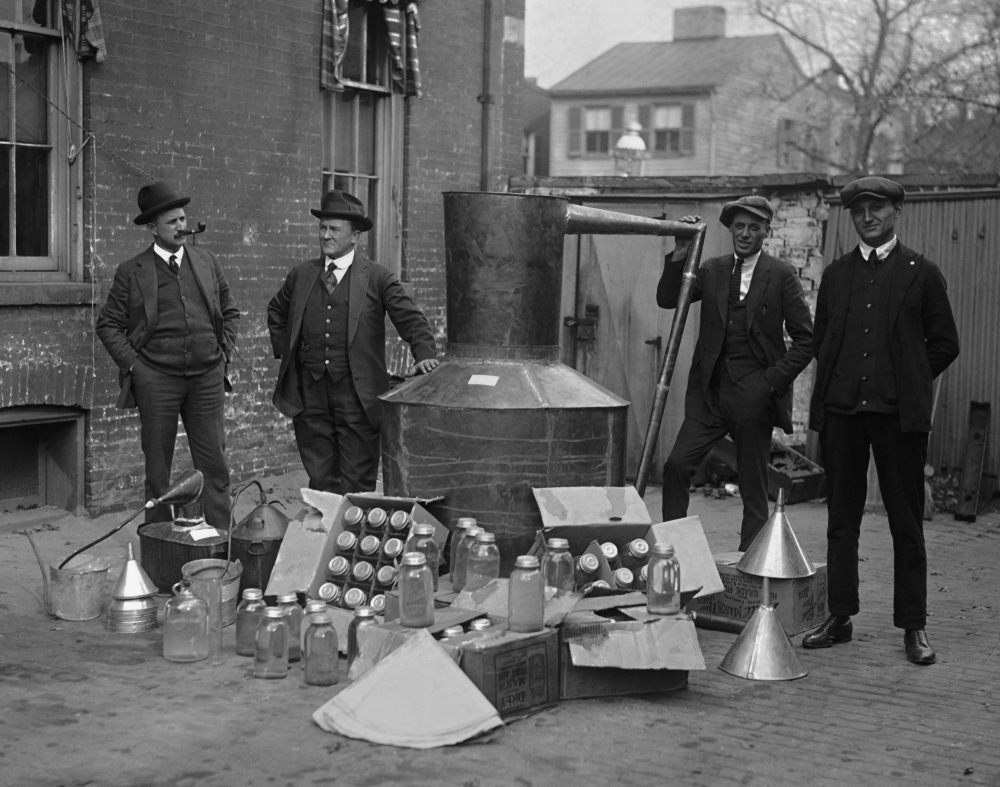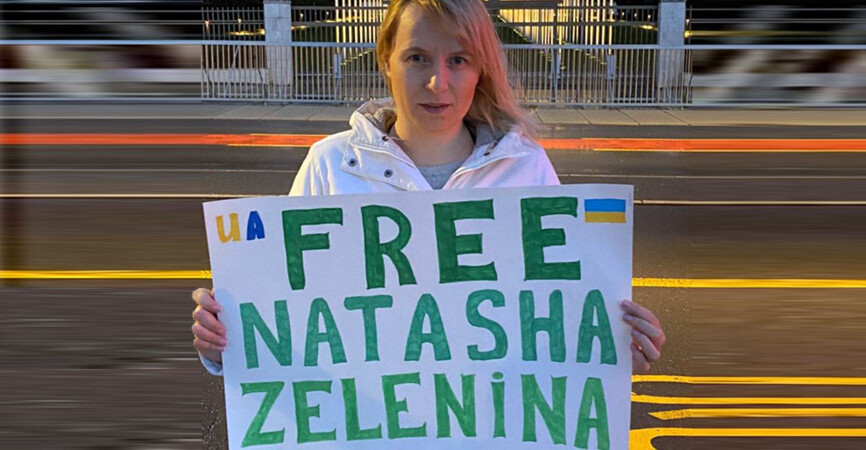In a world marked by complex power dynamics and deep inequality, some people seem to be born to breathe in hope and transformation. On May 13, 2025, we lost one of these great souls: former Uruguayan president José “Pepe” Mujica.
Globally admired for his humility, integrity, and political courage, Mujica leaves behind a presidential legacy that transcends borders. More than his stint in government from 2010 to 2015, Mujica inspired by showing that it is possible to lead with simplicity, ethics, and a genuine commitment to social justice and human rights. From guerrilla fighter to President of the Republic, his story is also the story of hope for a fairer society in the future.
In drug policy, Mujica stood out bravely. During his presidency, he promoted one of the boldest and most significant reforms of the 21st Century: state-led cannabis legalisation. In December 2013, Uruguay became the first country in the world to fully regulate the cannabis supply chain—from cultivation to pharmacy sales—with a vision of social peace and restoration. It was a powerful stance which, according to Mujica, was not pro-cannabis but anti-war on drugs and pro-citizen life, but a realistic duty. In his own words:
“The only way to win against drug trafficking is to take the market away from them.”
Progress on its implementation was slow and methodical. Mujica believed the state should take control of the cannabis market to reduce drug traffickers’ financial power and prioritise domestic production. Uruguayan cannabis companies were prioritised over foreign investors. The resultant market offered citizens safe and controlled access to the plant – a revolutionary form of access in a surrounding world of prohibition. This policy has served as an example across the world, influencing Malta’s cannabis market and American states, shaping our understanding of the various ways forward beyond cannabis criminalisation.
With a realistic approach, Mujica declared:
“We’ve been repressing drugs for 80 years and it doesn’t work. Drug trafficking is much worse than the consumption of marijuana. And for those who don’t want to admit that, look at Mexico, look at Central America, look at Honduras, look at Guatemala, and you will see failed states, devoured from the inside by drug trafficking.”
Perhaps the greatest beauty of Mujica was his coherence. A fierce critic of modern consumerism, he became known for his austere lifestyle. In a rare move for a head of state, he rejected presidential luxuries, lived on a small farm outside the capital Montevideo, donated most of his salary. He famously drove a manual transmission blue VW Beetle without power steering—not as a personal quirk, but as a political and practical statement of integrity as a model for life and leadership.
His economic vision centred on collective well-being, happiness, dignity, and fair redistribution of wealth and rights. His speeches at the UN, Mercosur, and other international forums denounced human greed and selfishness as the engine behind our social, economic, and environmental crises. As he once said:
“We have sacrificed the old, immaterial gods and we are now occupying the temple of the Market God. This god organizes our economy, our politics, our habits and our lives, and even provides us with rates and credit cards and the illusion of happiness. It seems that we have been born only to consume, and when we can no longer consume we are overcome by frustration, poverty and self-loathing.”
Marked by a direct and honest dialogue with both the powerful and the people, his vision shaped public policies in Uruguay focused on income redistribution, valuing labour, access to healthcare and education, and upholding the dignity of the most vulnerable populations.
Though he disliked labels such as “leftist,” “libertarian,” or “revolutionary” — though he may have embodied elements of all three — Mujica once said that his only merit was being “a bit Basque, stubborn, tough, persistent, and constant”. Some attribute his strength, resilience, and coherence to the nearly 15 years he spent imprisoned during the Uruguayan dictatorship, many of those in solitary confinement. He himself said that suffering taught him to love life and fight for it, beyond his own interests.
While media labelled him as the “world’s poorest president”, he said: “I’m a man who lives with little. I have few needs. That gives me freedom.”
Because of his wisdom and way of life, many of his words became philosophical aphorisms—rooted in truth, often blending pain, love, hope, and politics: rare and unforgettable ingredients for an eternal legacy.
The impact of cannabis regulation in Uruguay is still being studied and will be for years. But progress has already been observed — such as reduced influence of illegal markets, harm reduction initiatives, and the creation of institutions dedicated to research and oversight. Internationally, Mujica opened space for alternative and more humane models of drug control.”
In the end, perhaps Mujica was, as he himself used to say, just “an old farmer with simple ideas.” Yet simple ideas hold the power to change the course of history for millions. The truth in his actions will continue to live on in every idealist who believes another world is possible—one with more freedom, less greed, and much more love, especially from those who govern us.
In the pursuit of a better world, it is worth always remembering Mujica’s words: “Achieving the impossible always requires a little more effort. Because, if we lose our ability to have faith, what is the point of life?”


